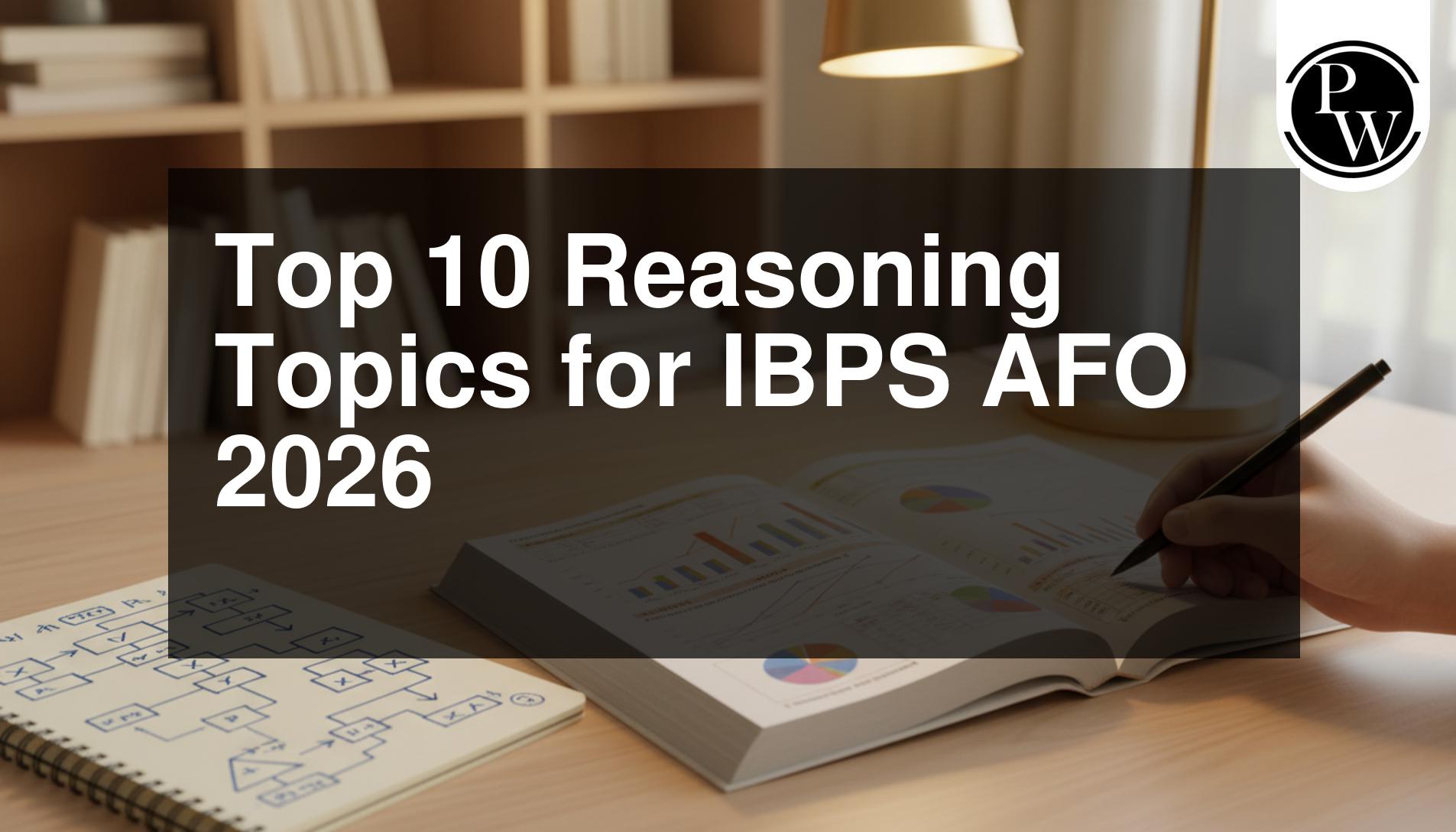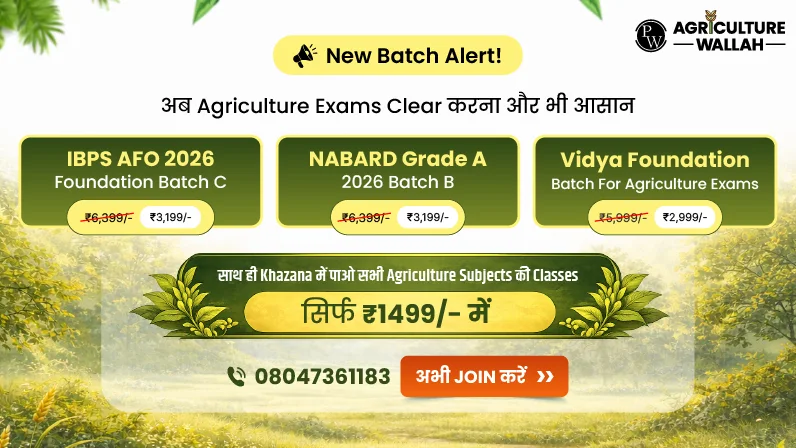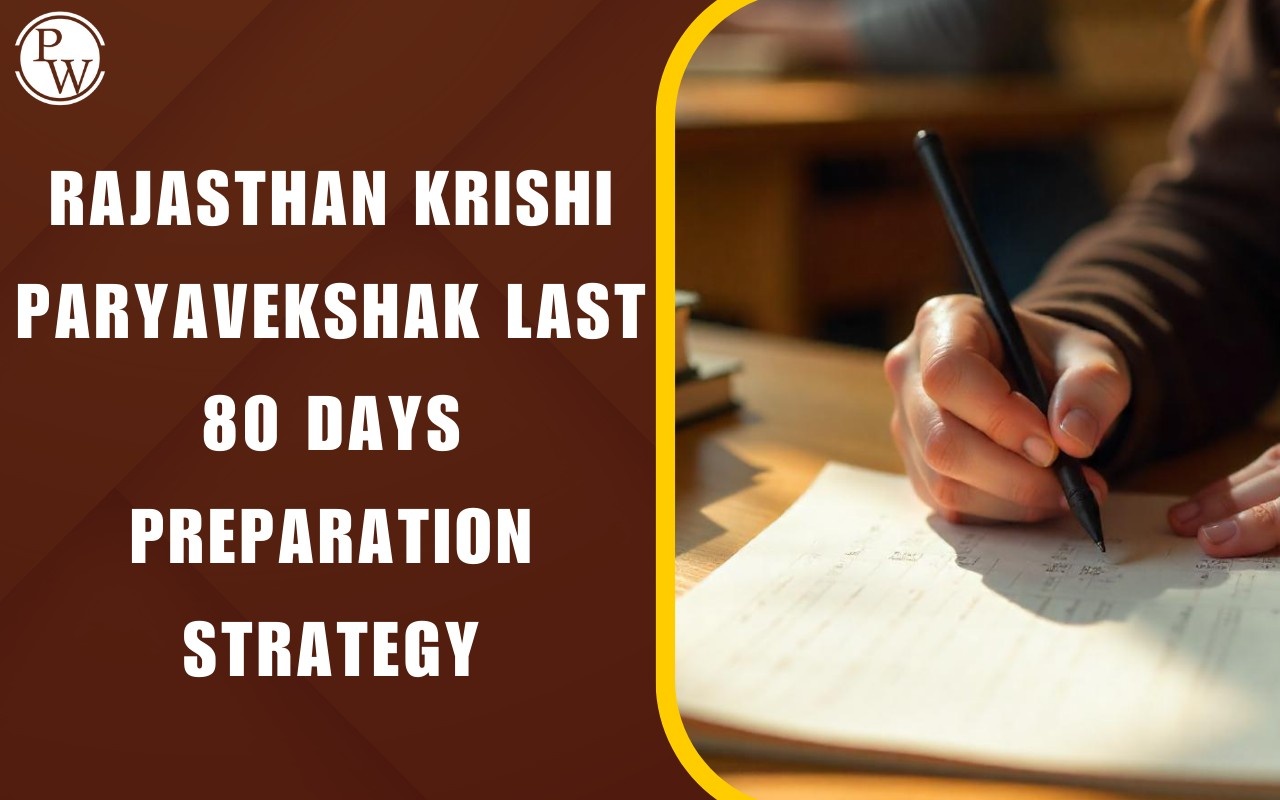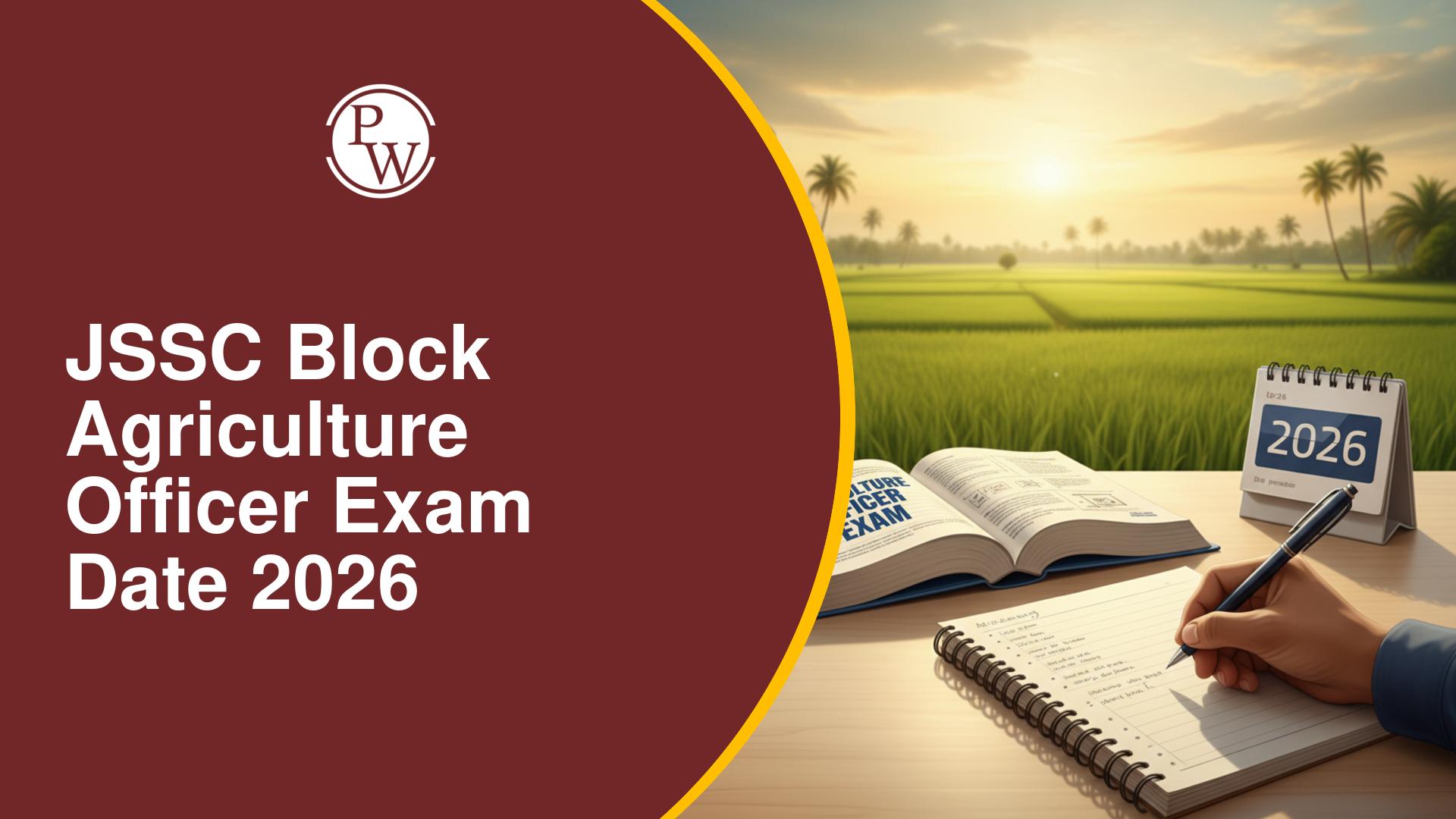
MPPSC FSO Syllabus 2025: The Madhya Pradesh Public Service Commission will conduct the MPPSC FSO Exam in 2025 to recruit 67 positions of Food Safety Officers in the Public Health and Medical Education Department of the state. The exam will be conducted in an OMR-based format with two sections, viz. General Studies and Food Science & Technology.
Candidates who are aiming to secure this prestigious role in Madhya Pradesh must go through the comprehensive MPPSC FSO Syllabus 2025 and exam pattern to prepare effectively. An in-depth understanding of the syllabus is crucial for aspirants to begin the structured preparation.
MPPSC Food Safety Officer Syllabus 2025
The MPPSC Food Safety Officer Syllabus 2025 has been made public by the recruitment authority on the official website, mppsc.mp.gov.in. Candidates must review the syllabus released by the Madhya Pradesh Public Service Commission to know the topics covered for different sections and their weightage.
Preparing in accordance with the syllabus helps candidates to align the well-organized study plan and ensure to not miss any topics. The entire syllabus is classified into two sections to evaluate the General Knowledge and understanding of core subjects. The exam is worth 450 marks and the Interview covers a weightage of 50 marks.
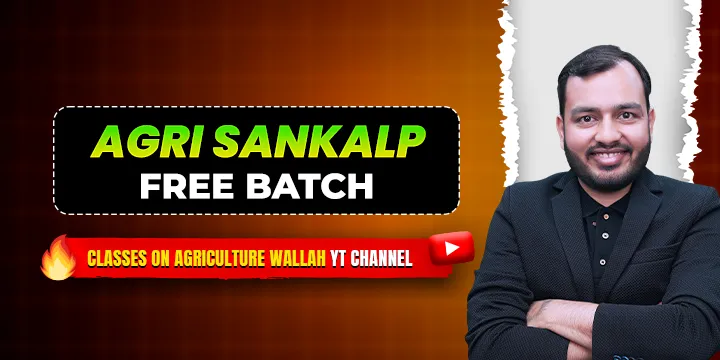
MPPSC FSO Syllabus 2025 Overview
The MPPSC FSO Syllabus 2025 has been released by the officials at mppsc.mp.gov.in. The syllabus is a vital resource that consists of an array of topics from which questions will arise in the examination.
Refer to the overview table below to find the key highlights of the syllabus:
| MPPSC FSO Syllabus 2025 Overview | |
| Exam Conducting Body | Madhya Pradesh Public Service Commission (MPPSC) |
| Exam Name | MPPSC FSO Exam 2025 |
| Exam Mode | OMR-based |
| Sections | Two (Section I: General Studies & Section II: Food Science & Technology) |
| Total Number of Questions | 150 |
| Total Marks | 500 marks (Written Exam - 450 & Interview 50) |
| Type of Questions | Objective-based |
| Exam Duration | 3 hours |
| Minimum Qualifying Marks | 40% for UR & 30% for SC/ST/OBC/EWS/PH |
| Selection Process | Written Test & Interview |
MPPSC FSO Exam Pattern 2025
The MPPSC FSO Exam Pattern consists of 150 questions worth 450 marks, and the Interview carries 50 marks. The question paper comprises two parts, Part A carries 50 questions from General Studies while Part B carries 100 questions from Food Science and Technology.
For each correct answer, candidates will earn 3 marks and every wrong answer is subject to a penalty of 1 mark. The exam will end in 3 hours.
| MPPSC FSO Exam Pattern 2025 | |||
| Paper | Number of Questions | Total Marks | Duration |
| Part A: General Studies | 50 | 150 | 3 hours |
| Part B: Food Science and Technology | 100 | 300 | |
| Total | 150 | 450 | |
| Interview | - | 50 | - |
| Total | 500 | - | |
MPPSC FSO Syllabus 2025 PDF
The Madhya Pradesh Public Service Commission has released the updated MPPSC FSO Syllabus 2025 PDF on its official website, mppsc.mp.gov.in. The syllabus PDF includes the topic-wise details of each section, which is essential to review by aspirants to prepare in a structured manner. We have also shared a direct link to download the comprehensive syllabus in PDF format here.
MPPSC FSO Syllabus 2025 - Section-Wise Topics
The MPPSC Food Safety Officer Syllabus covers a wide range of topics from which questions will be asked. The syllabus is classified into two sections to assess the candidate's general knowledge, logical ability, and in-depth understanding of core subjects. We have outlined the topic-wise breakdown of the detailed syllabus for both sections below:
Section A: General Studies
Section A of the MP FSO Syllabus focuses on General Studies to evaluate the general awareness of candidates. It consists of five units covering the specific topics tabulated below:
| MPPSC FSO Syllabus - Section A (General Studies) | |
| Unit | Topics |
| Unit 1: History of Madhya Pradesh |
|
| Unit 2: Geography of Madhya Pradesh |
|
| Unit 3: Politics and Economy of Madhya Pradesh |
Politics of Madhya Pradesh
Economy of Madhya Pradesh
|
| Unit 4: Tribes of Madhya Pradesh, Heritage, Folk Culture and Folk Literature |
|
| Unit 5: Important Contemporary Events |
|
Section B: Food Science and Technology
Section B of the MPPSC FSO Syllabus includes ten different units to assess the candidate's knowledge across various aspects of Food Science and Technology. The topic-wise distribution of the syllabus is mentioned below:
| MPPSC FSO Syllabus - Section B (Food Science and Technology) | |
| Unit | Topics |
| Unit 1: Introduction to Basic Food Science |
|
| Unit 2: Food Microbiology |
|
| Unit 3: Food and Nutrition |
|
| Unit 4: Food Preservation, Packaging and Storage |
|
| Unit 5: Indian Farming System |
|
| Unit 6: Food Safety, Quality Control, Hygiene & Standard |
|
| Unit 7: Integrated Agriculture Production Technology |
|
| Unit 8: Animal Product Processing |
|
| Unit 9: Food Processing Technology |
|
| Unit 10: Food Laws, Regulation, Certification and Development Schemes |
|
MPPSC FSO Syllabus 2025 FAQs
How many sections are there in the MPPSC FSO Syllabus 2025?
How can I download the MPPSC FSO Syllabus 2025 PDF?
Is there a negative marking in the MPPSC FSO Exam 2025?
How many questions will be there from Food Science and Technology?
How should I cover the MPPSC FSO Syllabus 2025?

